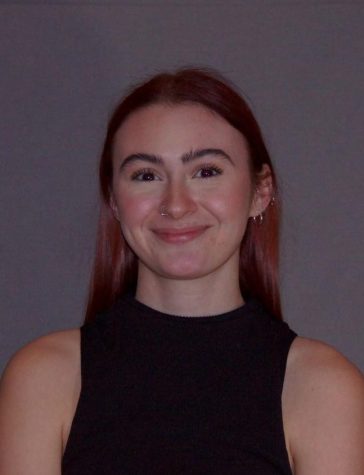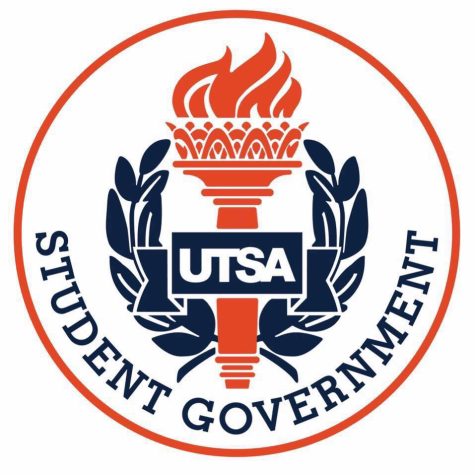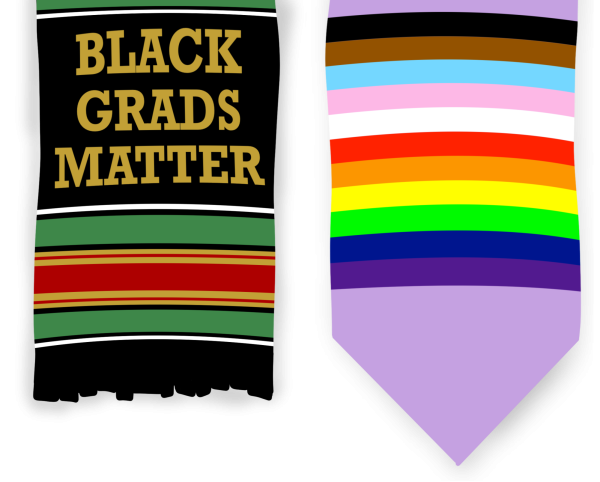Center for Collegiate Recovery support students recovering from addiction
October 12, 2021
The Center for Collegiate Recovery offers support to UTSA students recovering from “substance use disorders and/or behavioral addictions.”
Michael Vela, program manager of the center, explains that the key goal of the organization is to help students stay on track with their recovery while also succeeding in college. “Our primary goal is really to help students who are recovering from substance use disorders and addiction. We’re here to provide them the support to succeed in college and maintain recovery at the same time. Both things are equally challenging and oftentimes having that support can make a difference,” Vela said.
Established in 2013, the Center has grown over the last couple of years, especially after 2015 when the University of Texas School System required that UT schools bring light to college recovery. Vela explained how the program was “formally built out” from that point on.
Under Vela’s leadership, the Center’s services have been broken down into three areas: support for students in recovery, prevention and education; and intervention and assessment.
The first issue the Center focuses on is ensuring that students who are on the path of recovery are able to do so without affecting their success in college. They provide a well-furnished lounge space for students to do various activities, including school work.
“We have a no-barrier membership process and with that comes some added benefits. We have a recovery lounge space for our student members where they can come, they can hangout, there’s couches, there’s a computer station. One of the perks that I offer students in recovery is free printing. So right now, as long as I can do that, that’s something I can keep offering them, so they can come, get their paperwork for school done,” Vela said.
Vela further shared that the lounge also offers food and drinks for any members who have food insecurities. The Center also hosts recovery support meetings throughout the week.
Along with support for students in recovery, the Center also focuses on prevention and education, as well as intervention and assessment.
Vela shared that the Center offers two programs for students who want to explore their patterns of substance use related to alcohol and cannabis. The BASICS program is focused on alcohol and the CASICS program is focused on cannabis. Both programs are open to anyone that is interested and serves to educate students.
“[Students] are able to learn a little bit about the substance and then really kind of discuss and explore their own patterns and the assessment … They complete a brief assessment as well and we’re able to look at their use specifically and how their body responds to help students make informed decisions going forward, ideally decreasing consequences,” Vela said.
The final area the Center focuses on is intervention and assessment, through which the Center is able to “do a substance use assessment or assess behaviors like eating disorders, gambling, different kinds of other addictions like that” Vela explained.
Currently, Vela, as a licensed clinical social worker and chemical dependency counsellor, is the main professional supervisor at the Center. Vela explained that they also employ a graduate student every year to oversee the Center’s aforementioned BASICS program, one of their notable resources.
“I do hire a graduate assistant every year. I try to have one, somebody who is studying in either social work, public health or [a] counselling program and that’s primarily because they run our BASICS program. They’re probably one of our primary facilitators and so we want some level of training,” Vela explained, adding that the Center also plans on bringing a work study student on board in the future. Having a work study staff would mean that the lounge and resources at the Center can stay open after business hours, something that is currently not possible.
Since the start of the pandemic, the Center has had to transition to online services. The hybrid nature of the University until now meant there was a lack of in-person engagement at the center. However, Vela has expressed optimism that the format would change now that the University has resumed in-person activities.
“I think as we start getting more and more in-person, allowing our students to come hang out more, encouraging them to use the space more often, having more social activities, I think is the long-term goal that we have right now,” Vela said.
The Center for Collegiate Recovery is a resource for all UTSA students, whether they are struggling with substance abuse or simply want to explore their substance use patterns. Vela emphasized that the Center’s definition of recovery is very broad in order to encourage students in all kinds of situations to reach out for help and assistance.
“We ultimately came up with [the definition of] recovery as being a process of developing and maintaining [a] lifestyle free from harmful relationships with substances and addictive behaviors; by striving for well-being and balance between mind, body, spirit and social connections. The reason we did it that way is because we have come to believe that there’s a lot of students out there who have very toxic relationships with things like alcohol and cannabis but don’t necessarily meet the qualifications of being an alcoholic or addict. I don’t like using those terms, they’re very labelling, but I don’t really have another one. A lot of students don’t necessarily have that [type of addiction], they just need to build a healthy relationship with themselves and make a lot of changes and that’s recovery too,” Vela said.
“We really wanted to be an inclusive program that allows people in all stages of recovery to come get the support they need while being around a community of other people who are doing the same thing. Recovery is really hard to do alone; college is really hard to do alone; and so that’s really what I would like our students to know, is that we’re here…come check us out, come ask questions, come get help,” Vela said.
If you or someone you know is struggling with substance use or wants to explore the resources the Center has to offer, you can reach them via email [email protected], by phone (210-458-4140) or by visiting the Center on Campus.













